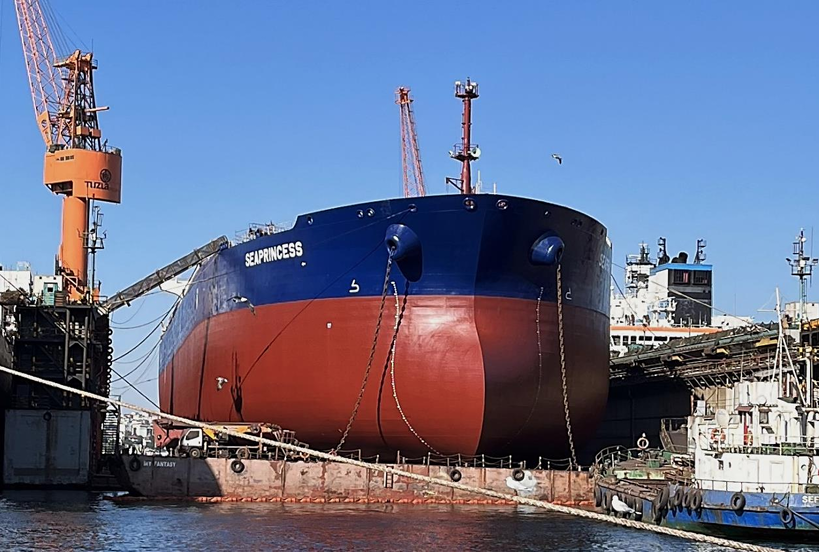
P&I club Britannia has published an incident case study after two fumigation contractors died from asphyxiation on a bulk carrier.
The unexpected incident occurred onboard the vessel nearing the completion of loading corn cargo, which resulted in the death of one contractor. Before the incident, the cargo holds had been closed for six days, leading to depleted oxygen levels inside. This incident highlights the dangers of closed cargo holds, the lack of awareness about hazardous conditions, and the human tendency to help others in distress without considering personal safety. Continue reading “P&I club Britannia shares lessons learned following asphyxiation on a bulk carrier”










